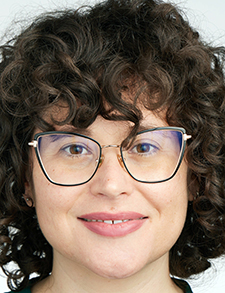Clinical question: Does semaglutide reduce cardiovascular events in non-diabetics with cardiovascular disease?
Background: While glucagon-like peptide-1 (GLP-1) agonists reduce cardiovascular events in diabetics with high cardiovascular risk, it is unknown whether they reduce cardiovascular events in non-diabetic patients with preexisting cardiovascular disease. Weight loss is associated with a reduction in cardiovascular risk, but it is unknown whether GLP-1 agonists confer a benefit beyond weight loss.
Study design: Multicenter, double-blind, randomized, placebo-controlled, trial
Setting: 804 sites in 41 countries
Synopsis: A total of 17,604 patients over age 45 with a BMI over 27 and a history of cardiovascular disease (myocardial infarction [MI], cerebrovascular accident [CVA], or symptomatic peripheral arterial disease) were randomized to semaglutide 2.4 mg per week versus placebo. Exclusion criteria were diabetes, end-stage renal disease, heart failure, pregnancy, recent cardiovascular events, or planned cardiovascular intervention. Patients were followed for a mean of 40 months. A composite of cardiovascular death, MI, and CVA occurred in 8.0% and 6.5% in the placebo and semaglutide groups, respectively, with a statistically significant hazard ratio of 0.80. At week 104, those in the semaglutide group lost 9.39% of body weight versus 0.88% in the placebo group. The survival and time to primary endpoint differed between the groups before significant weight loss occurred, suggesting that semaglutide reduces cardiovascular risk beyond its effect on weight loss. Limitations were that the population was 72% male and 84% white. The study was sponsored by Novo Nordisk.
Bottom line: Semaglutide reduces cardiovascular events and death among overweight or obese non-diabetic patients with cardiovascular disease.
Citation: Lincoff AM, Brown-Frandsen K, et al. Semaglutide and cardiovascular outcomes in obesity without diabetes. N Engl J Med. 2023;389(24)2221-32.

Dr. Reiff-Pasarew
Dr. Reiff-Pasarew is the deputy chief medical officer and associate chief of hospital medicine in the division of hospital medicine at the Mount Sinai Health System, and an associate professor of medicine at the Icahn School of Medicine at Mount Sinai in New York.